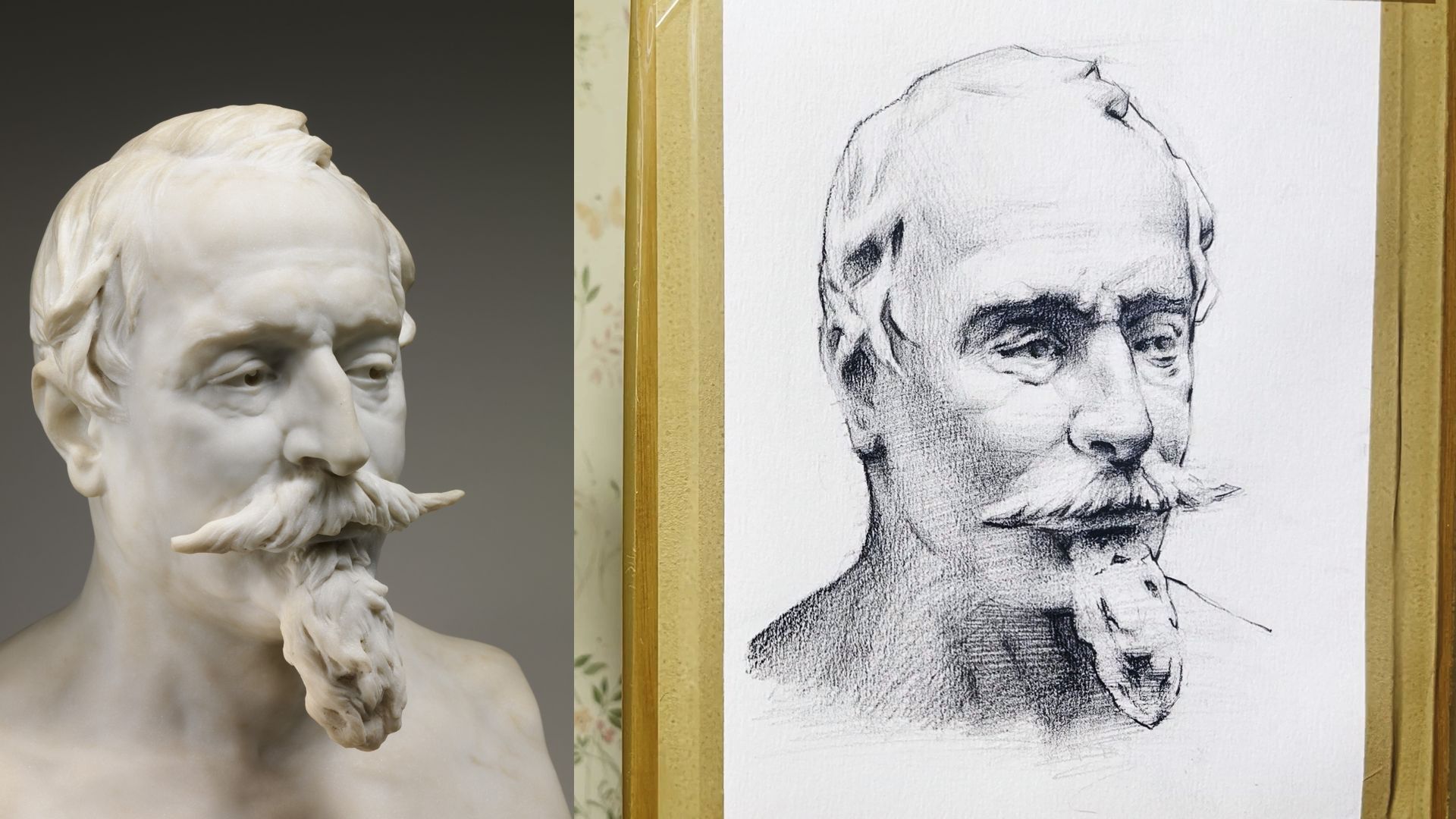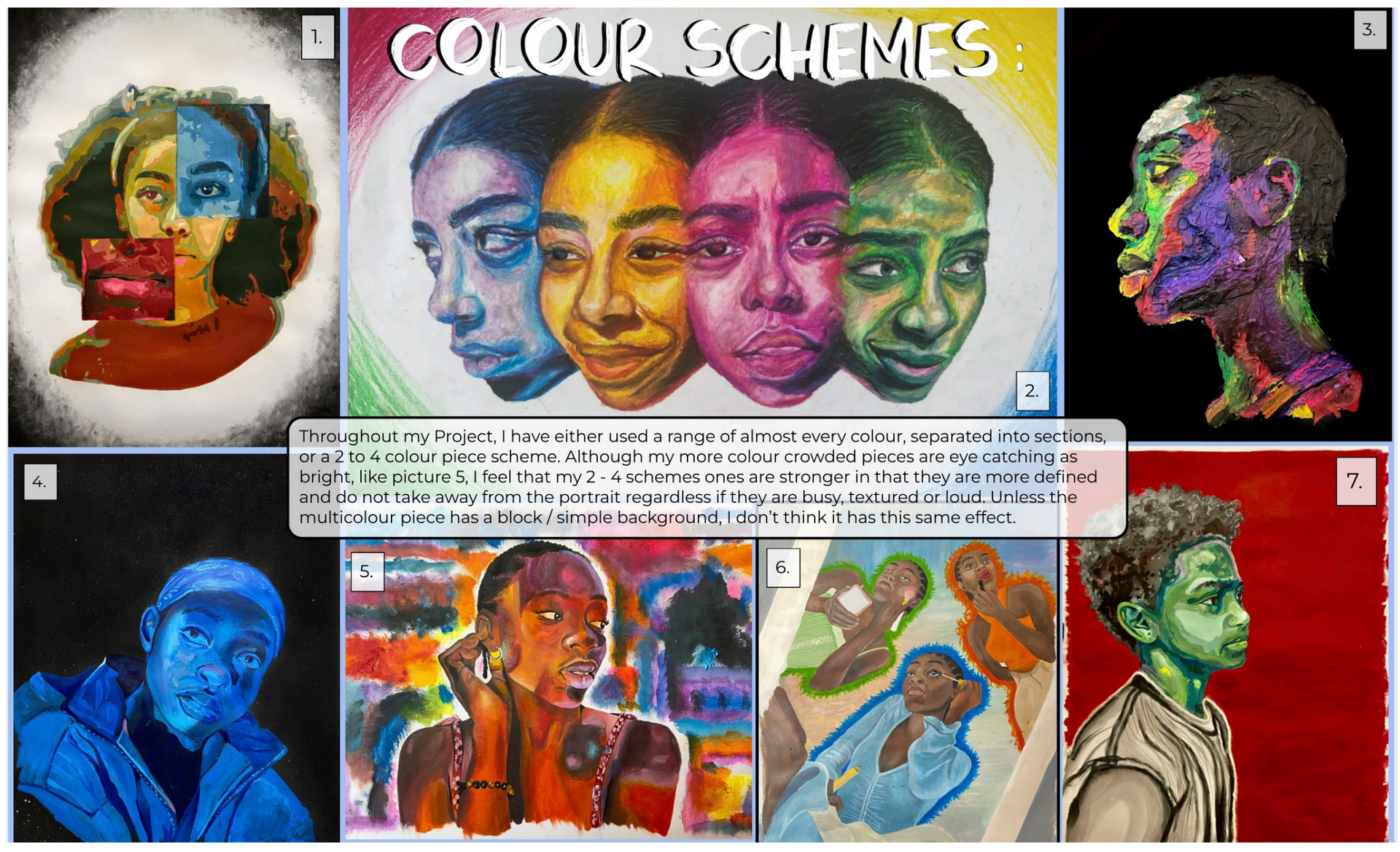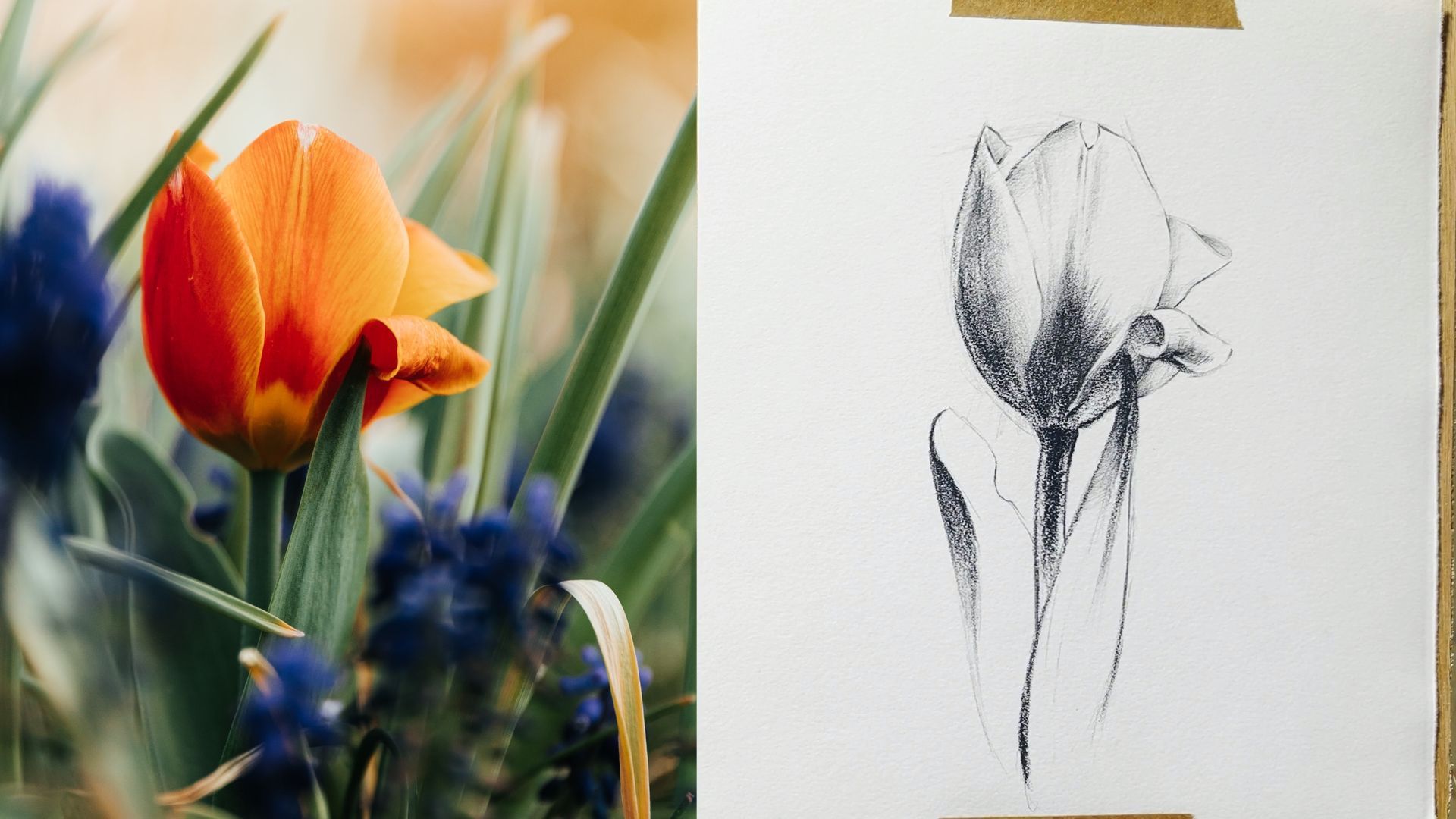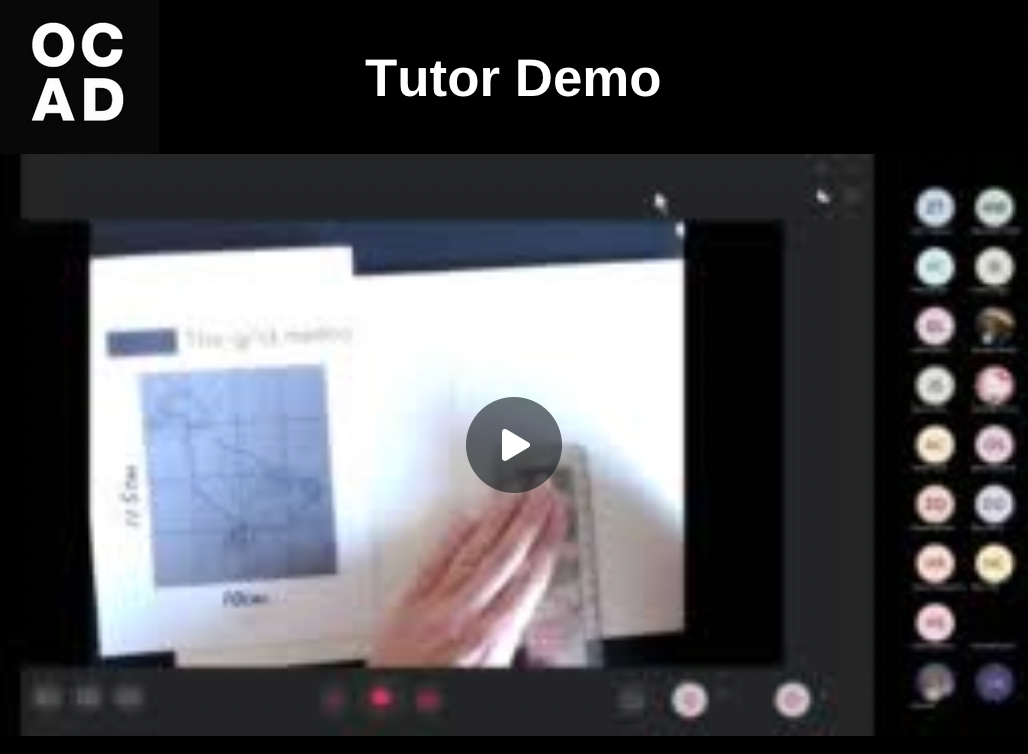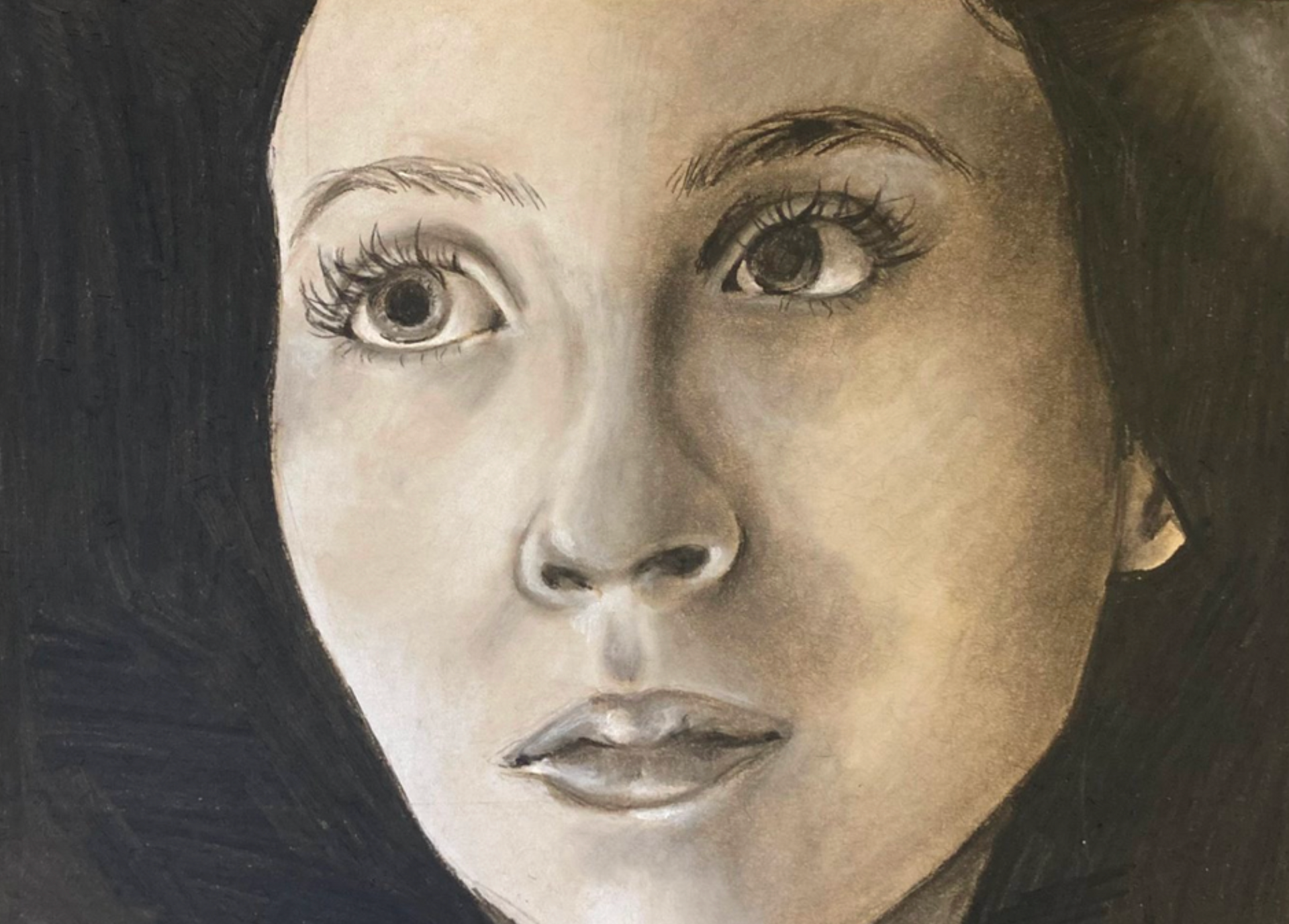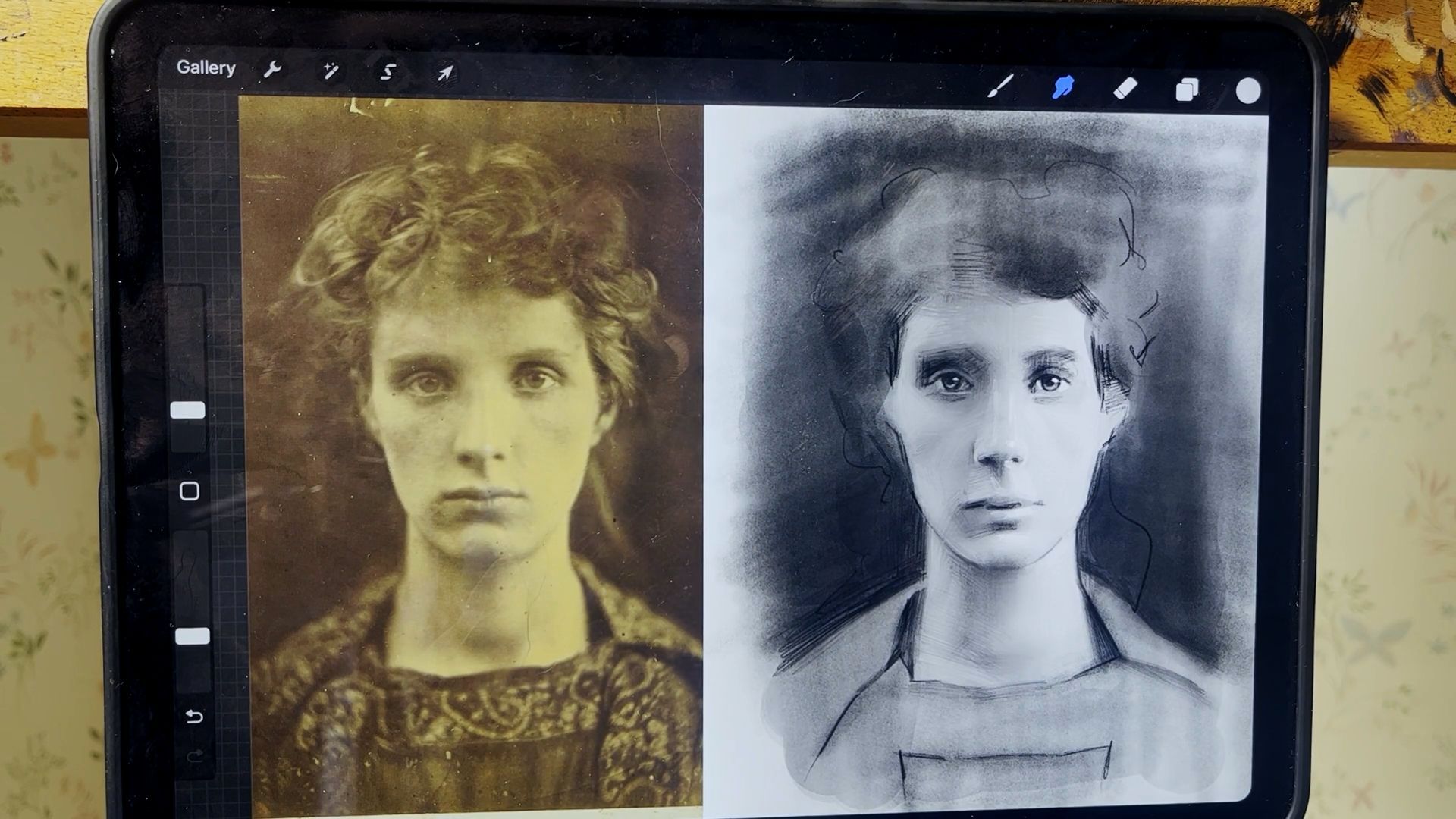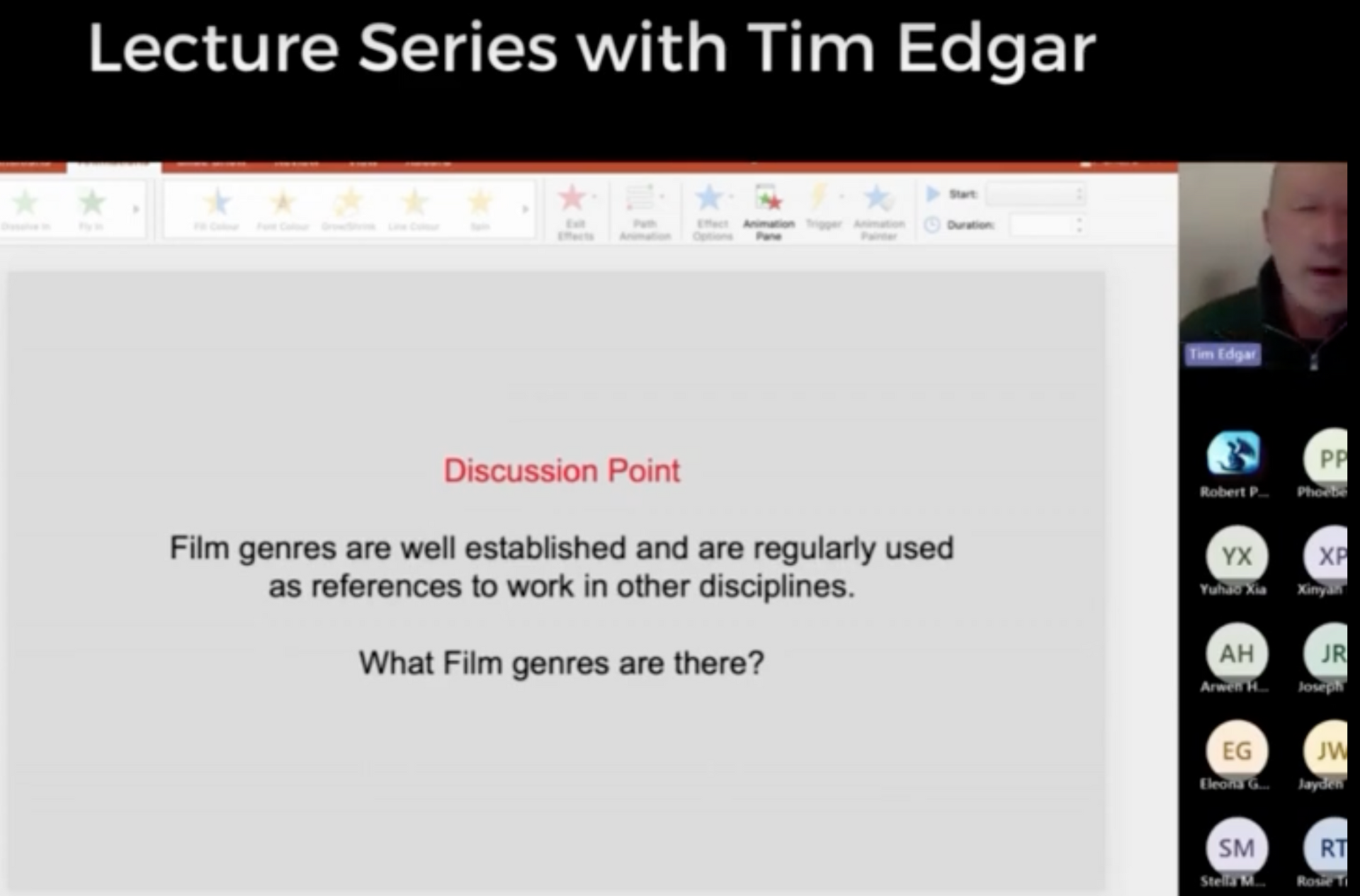Why choose GCSE Music? What you’ll learn & what’s involved
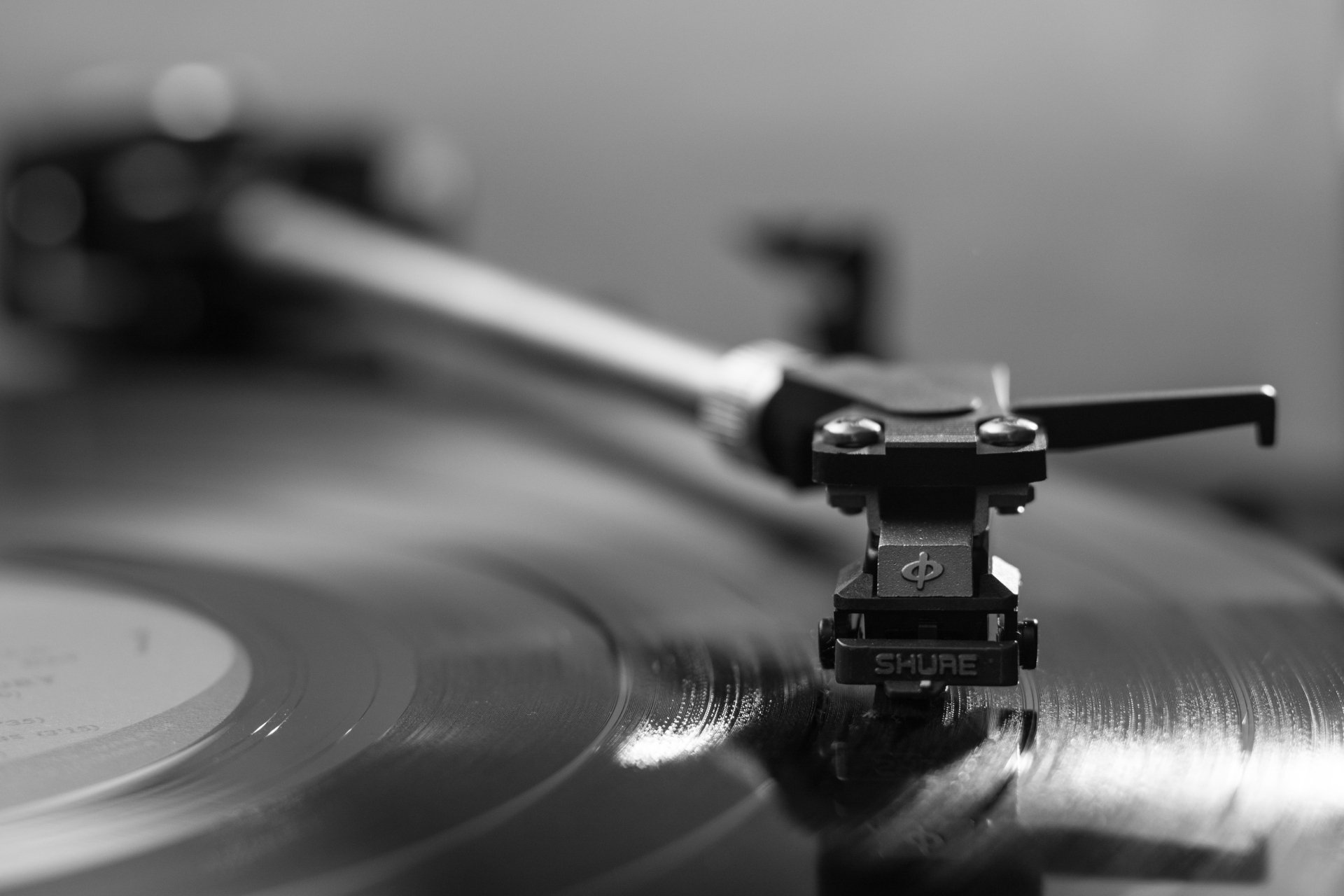
With so many GCSE subjects available, it can be difficult to work out which ones are worthwhile. Choosing GCSE options is a juggling act between what students are good at, what will help them to reach future goals, and what they enjoy!
In this guide, we’ll tell you everything you need to know about GCSE music. You’ll learn the benefits of studying music, what a music GCSE with OCR looks like, and how students are assessed. By the end, you’ll have lots of information to make a more informed decision about whether a music GCSE is right for you.
Why study GCSE music?
Studying for a GCSE in music can increase overall academic performance, offer a creative outlet for students and provide them with a well-rounded education. Collectively, these benefits can boost self-esteem, and help students make more competitive applications to universities and higher education institutions.
Increase overall academic performance
Studying GCSE music can increase your performance in other academic subjects. In fact, a study published by Cambridge University Press found that studying music led to better academic outcomes. Specifically, performance in English and Maths improved for students involved in the study.
Get a well-rounded education
Increasingly, universities and higher education institutions want to attract students with a ‘well-rounded’ education. By this, they mean students with GCSEs in a range of academic fields, from creative to more scientific subjects. By studying music, you can include a creative subject in your application, helping you to stand out from your peers.
Find a creative outlet
Aside from the academic reasons to study music, it can also offer students a creative outlet. It offers a change of pace from more scientific subjects, and gives students a chance to express themselves in different ways.
Boost self-esteem
A large part of studying a music GCSE is the performance aspect. You’ll be asked to perform with an instrument, your voice or music technology. Doing so may help you to gain confidence when performing in front of an audience, and boost self-esteem generally.
Why choose an OCR GCSE in music?
OCR GCSEs are created in consultation with teachers, employers and higher education institutions. OCR is also part of the Cambridge Assessment Group, which is associated with the University of Cambridge. As a result, you can be confident that the syllabus is of a very high standard.
The music GCSE consists of three main elements: performing, composing and appraising. This offers a good range of areas covered, whilst also encouraging creativity. Learners specialise in an instrument of their choice, and will also expand their horizons by learning about different cultures, contexts and musical techniques.
What you’ll learn about in GCSE music
Below is a breakdown of what you’ll learn about in the OCR GCSE music course:
Musical elements
This section refers to the musical elements, or components, you’ll cover. It includes:
- Pitch
- Tonality
- Structure
- Sonority
- Texture
- Tempo
- Dynamics
Musical contexts
In this section, you’ll learn about purpose and intention in music. Specifically, you’ll study this in relation to different social, historical and cultural contexts. You’ll also consider the effects of audience, time and place on how music is created and what it sounds like.
Musical language
Learning about musical language is something that will aid you throughout the entire course. It provides you with the musical vocabulary to be able to read and write music effectively. You’ll learn about notation, including key signatures, as well as major and minor chords and their associated chord symbols.
Performance
The performance section is all about interpreting and communicating musical ideas. This can involve playing an instrument, your voice or music technology. You’ll be asked to perform with control and expression, using phrasing and dynamics that are appropriate for the style of music.
Composition
Whereas performance is about interpreting musical ideas, composition is about creating them. Students will respond to a brief, and be expected to demonstrate technical control and coherence in their compositions.
Appraisal
Here, students will use their knowledge about musical elements, contexts and language to make critical judgements about a piece of unfamiliar music. It combines many of the other sections of the course – like using appropriate musical vocabulary – to analyse music in written and oral forms.
What do you study in GCSE music?
My music
This is the first module you’ll study in GCSE music. Students learn about an instrument of their choice and develop their skills through independent and teacher-guided learning. This can be any instrument you’d like, including your voice, DJ-ing, and sequencing in music production software.
You’ll be encouraged to study the capabilities of your instrument, as well as its limitations and drawbacks. For example, you might study the instrument’s:
- Range and timbre
- Unique playing techniques
- Use in different genres
- Use in ensembles
- Influence by context and culture
Students often find this the most exciting part of the course, as it grants a lot of freedom with your chosen instrument. Throughout the My Music module, you’ll get the chance to learn one or more pieces of music suitable for your instrument. The piece will reflect the appropriate level of difficulty for the student, and may differ depending on previous musical knowledge and experience.
Your tutor will be able to advise you on what piece of music might be most suitable for you if you are unsure.
The Concerto Through Time
The next module in the OCR GCSE music course is ‘The Concerto Through Time’. In contrast to performance-based modules, this one is more theoretical.
You’ll learn all about the concerto and its development over time from 1650 to 1910. You’ll also learn about the different instruments, how they’ve changed and the relationship between soloist and orchestra.
Similarly to other modules, you’ll think about different musical elements – pitch, melody tempo – in the concerto. But you’ll also place music in its historical and social context, helping you understand how this influenced performers, composers and audiences.
Rhythms of the World
The music you’ll study on this course isn’t limited to the West. The ‘Rhythms of the World’ module allows you to explore rhythmic roots of four geographical locations, including:
- India and Punjab
- Eastern Mediterranean and Middle East
- Africa
- Central and South America
Students often enjoy this module, as it offers them a chance to explore music they’re likely unfamiliar with. It expands their horizons and helps them to broaden their cultural knowledge beyond Western artists.
As part of the module, you’ll learn the characteristic rhythms and metres in music from these regions. You’ll also learn about the impact of technology on this music, and the names of different performers and groups.
As is the case with most of the modules, you’ll consider different musical elements – instruments and timbre, pitch and melody, structure and phrasing – in relation to the different regions.
Film Music
As part of the ‘Film Music’ module, you’ll study three key aspects of film music:
- Music written for film
- Music that’s used in film
- Music that’s been composed for video game soundtracks
You’ll study how music creates mood, builds characters and enhances dramatic effects. As a result, you’ll be able to watch a film and understand how music contributes to its meaning.
Again, a particular focus will be placed on musical elements, like the instruments used, rhythm and tempo. You’ll be able to apply the knowledge you’ve learned from other modules, and think about how composers use musical elements in films and video games with purpose.
Conventions in Pop
It’ll come as no surprise that many students enjoy this module! In ‘Conventions in Pop’, you’ll cover popular genres from the 1950s to the present day, such as:
- Rock ‘n’ Roll (1950s - 1960s)
- Rock Anthems (1970s - 1980s)
- Pop Ballads (1970s - 1990s)
- Solo Artists (1990s - present)
You’ll explore instruments and voice, and how they influence one another. The impact of technology will also be considered, along with the origins and cultural context that produced each genre.
By the end of the module, you’ll be able to identify the characteristics and musical components that make each genre unique.
Skills you’ll gain from GCSE music
A GCSE in music is both theoretical and practical. As well as subject-specific knowledge, it’ll equip you with many transferable skills, such as:
Teamwork
When you perform with a group in your assessment, you’ll have to work together to make the performance a success. This builds teamwork skills, which are applicable to many other subjects and careers.
Independent Learning
Likewise, you’ll also have to produce a lot of work independently as part of the course. For example, you’ll have to compose a piece of music from a brief, write essays and take an exam. This will demonstrate your ability to work independently and follow specific instructions.
Listening
This course involves a lot of active listening. Not just hearing, but really listening to a piece of music and being able to understand and interpret it. This is a transferable skill that’s useful in a range of contexts, for example if you choose to study a foreign language.
Analytical skills
As part of your assessment for this course, you’ll have to write answers to exam questions based on what you’ve learned in each module. You’ll listen to a piece of music and then be asked a series of questions. This requires analytical thinking to be able to understand, interpret and formulate a written and/or oral response to the prompt.
Creative thinking
More so than other GCSE subjects, music will develop students’ creative thinking skills. They’ll be given a brief, then be asked to compose a piece of music, requiring them to use their own ideas to create the final piece. This is applicable to many other subjects and careers, and will help them stand out to future employers.
How is GCSE music assessed?
Integrated portfolio
The integrated portfolio component of your assessment accounts for 30% of your total mark.
Students prepare a performance set to a brief. Usually, this is a commercially available piece. The score should be supplied alongside the performance. The learner should also prepare a composition of their choice.
This will be assessed by centre and moderated externally.
Practical component
The practical component also accounts for 30% of your final mark.
Students record an ensemble performance and create a composition. This is based on a brief set by OCR. Learners can choose from a selection of briefs – which are based on the different modules – depending on their preferences. You’ll be expected to use their knowledge of rhythm, melody, harmony and compositional techniques.
Similarly, this will be assessed by centre, moderated externally.
Listening and appraising
This part of your assessment will account for 40% of your final grade.
Students will be assessed via an exam. They’ll have to answer questions based on extracts of music, using vocabulary and knowledge they’ve gained throughout the course.
The listening and appraising exam is assessed externally.
Study GCSE music online
OCAD is the UK’s most established online art college. Our music courses are taught by Patrick Gazard, who has over 25 years of experience in music education. As a result, you can be confident that our courses are delivered by leading specialists.
Learners will receive weekly tuition, or you can choose a self-paced teacher supported option if you can’t attend weekly classes. This flexibility means you can fit the course around your timetable.
Studying for a music GCSE equips students with transferable skills, helping to boost overall academic performance. But not only that, it encourages creativity, offering a more well-rounded education and increasing self-confidence.
Learn more about our
online music GCSE courses.
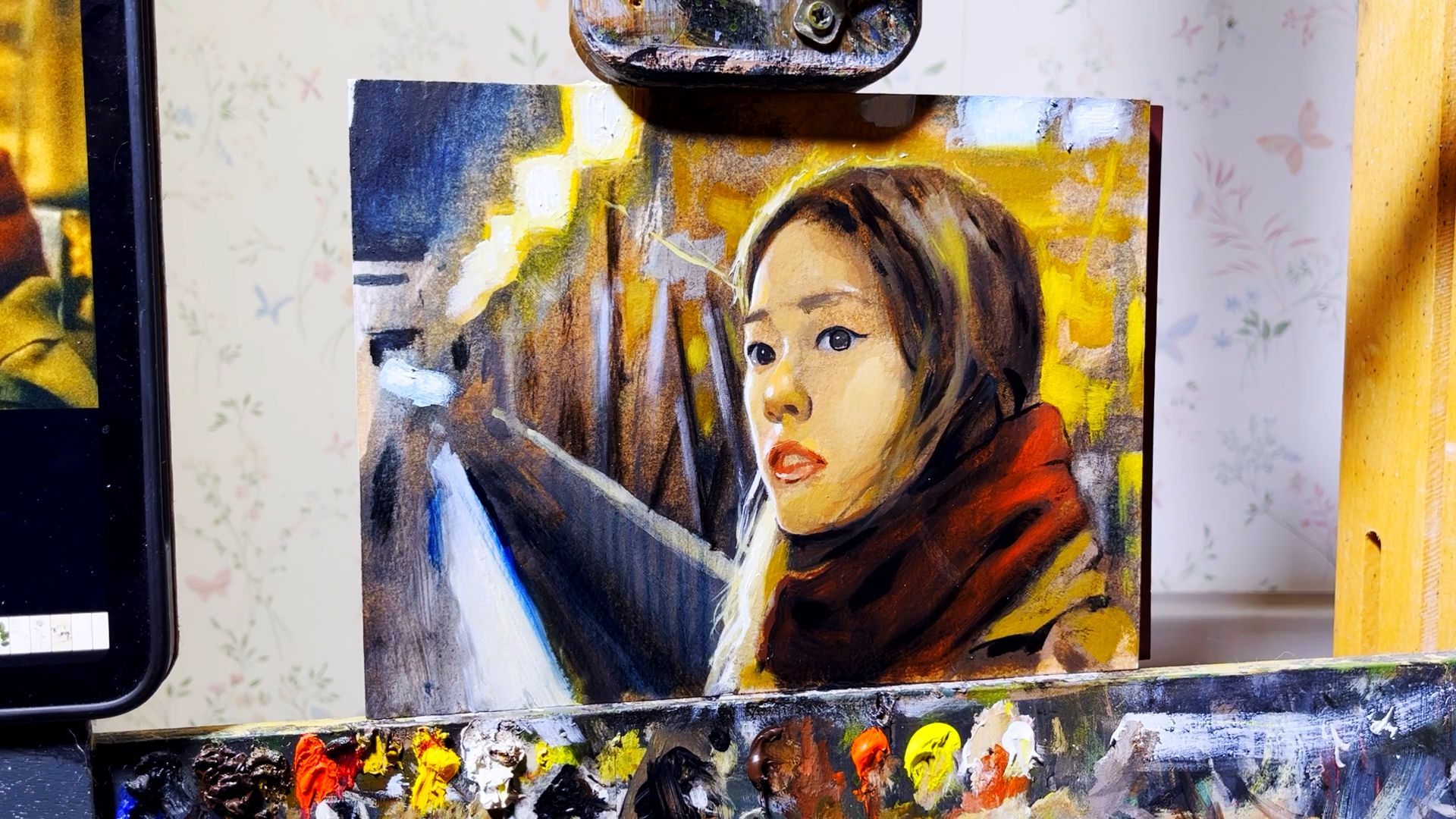
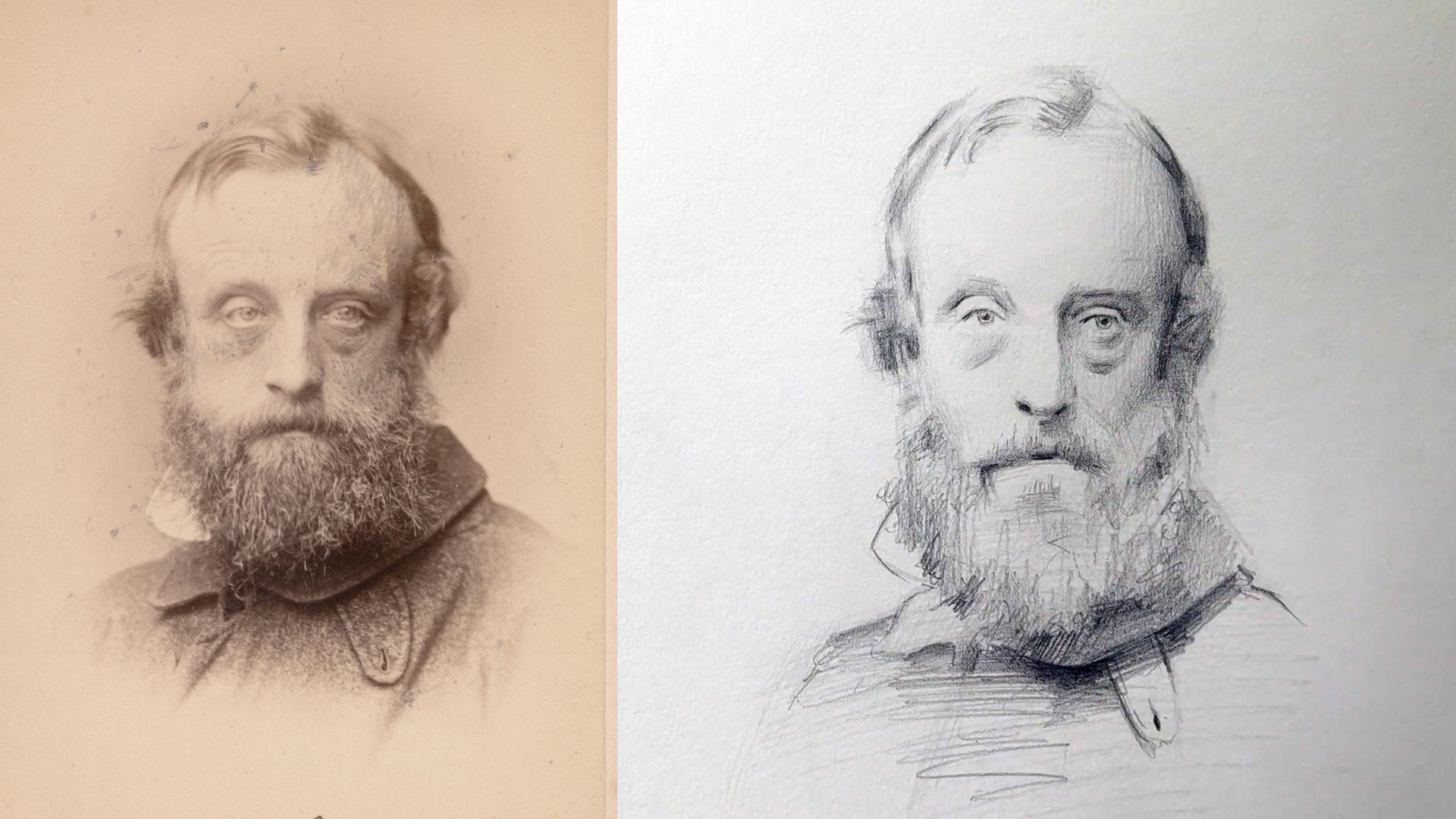
OCAD is part of the Cambridge Online Education Group - Company number 06594953
Registered UK Learning Provider 10033485
Cambridge Online Education Ltd

